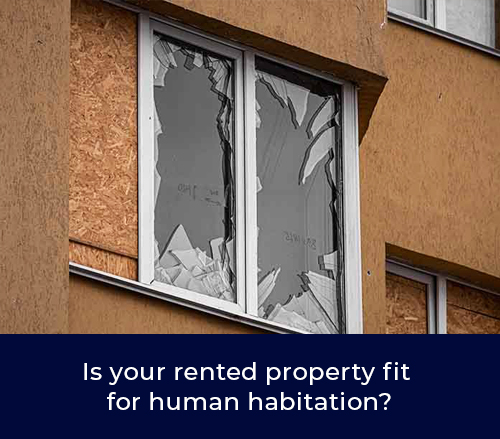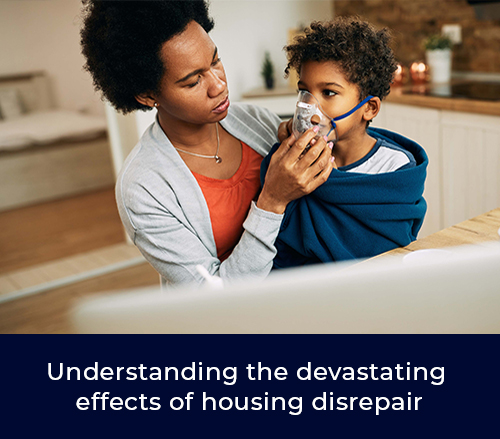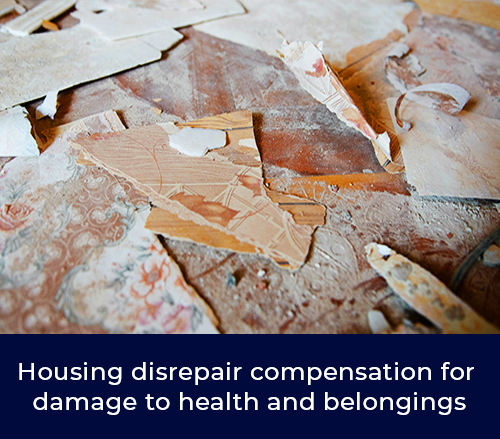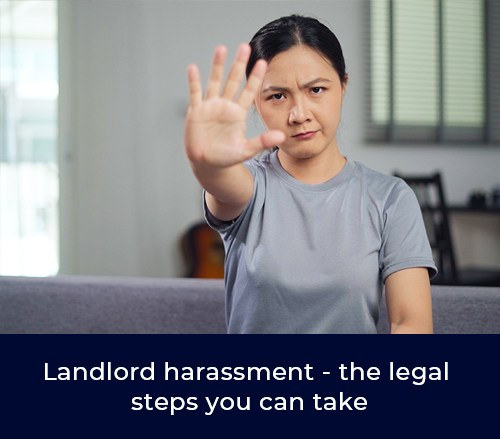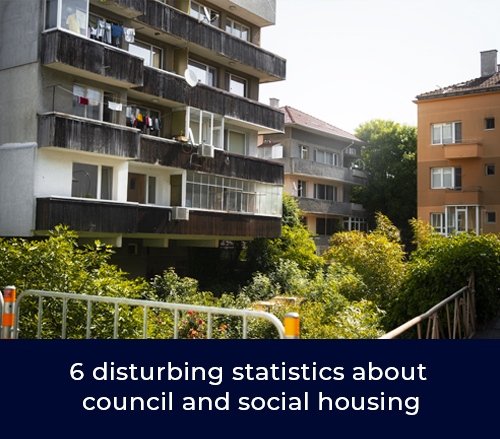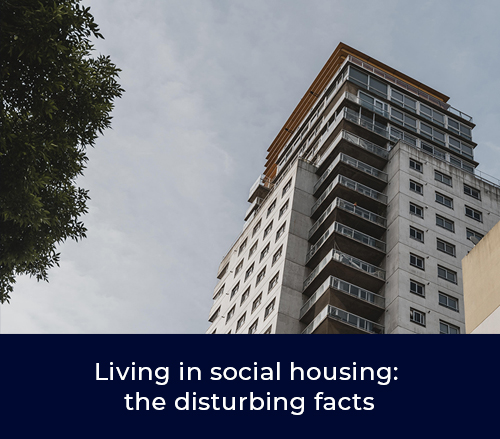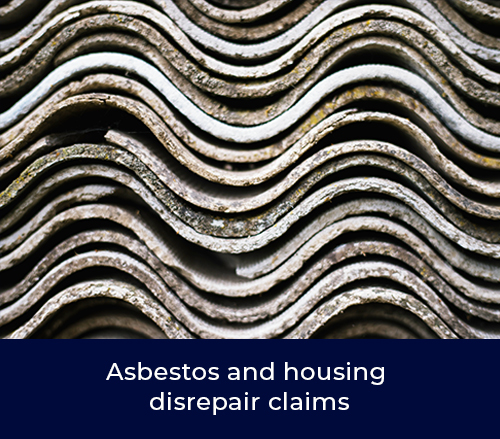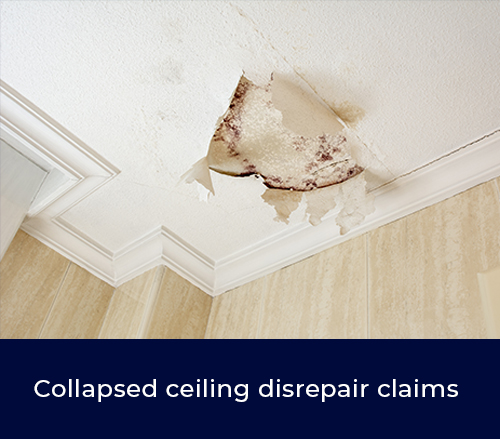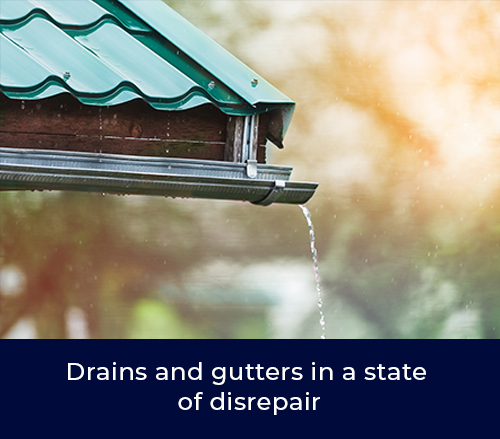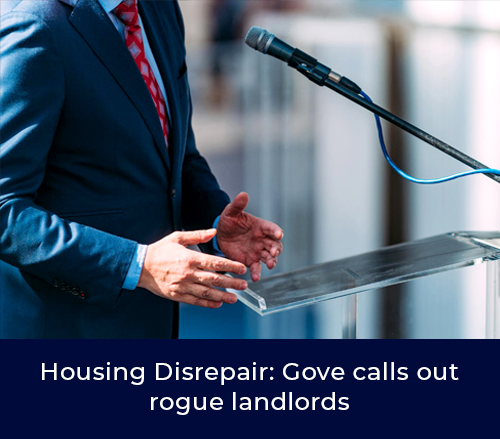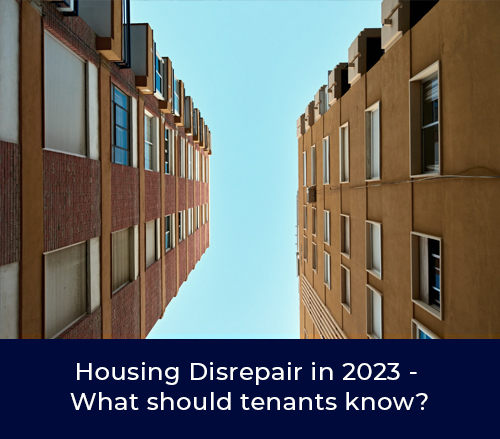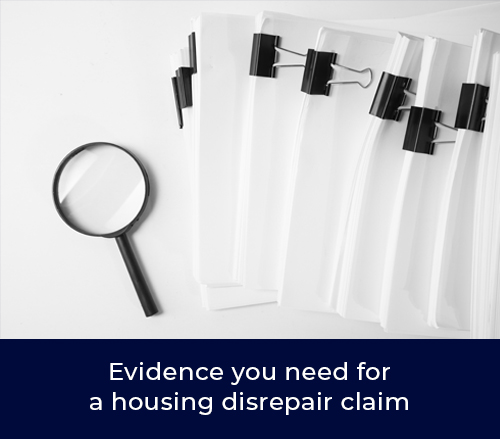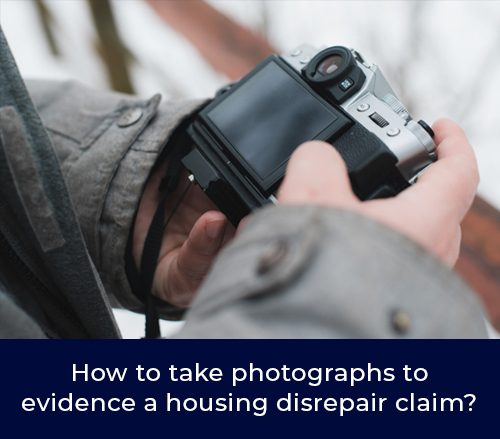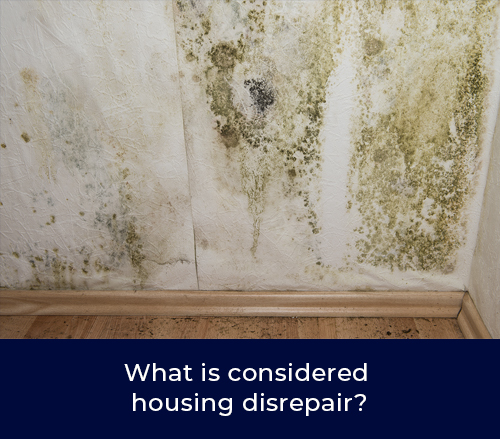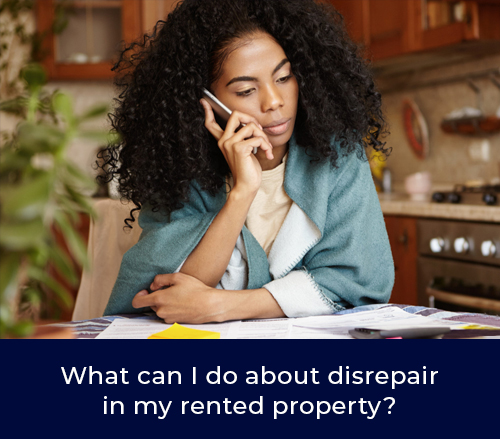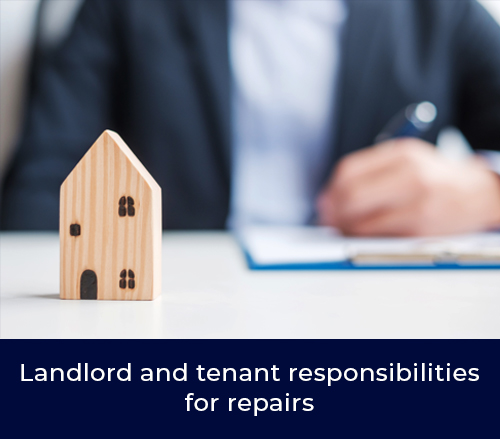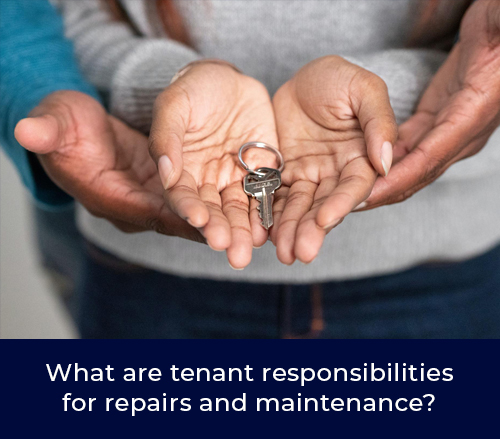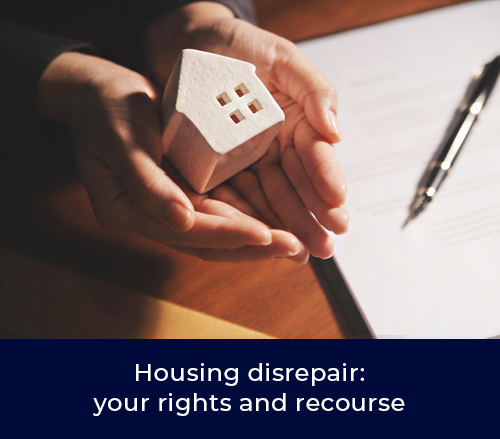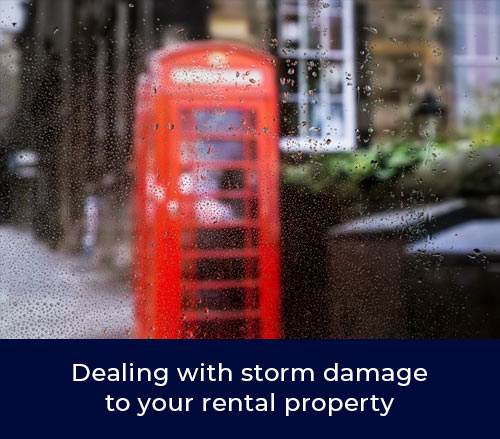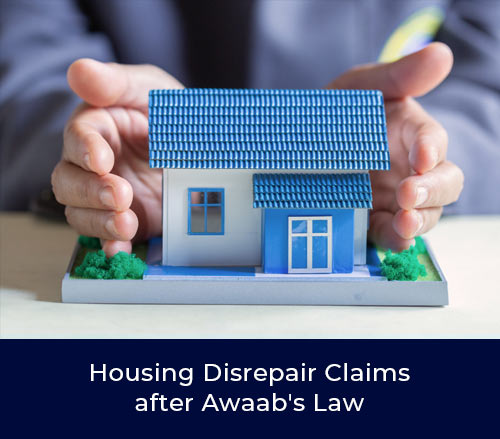Landlord harassment – the legal steps you can take
Tenants across the UK have the right to peacefully enjoy their rented accommodation, however, some are subjected to disruption from their landlords. If you have experienced any kind of intimidating behaviour, such as threats or illegal eviction notices, you may be entitled to sue for harassment. In this article, we will explain how to hold your landlord to account and what legal avenues are available if you believe you are being harassed.
How to recognise landlord harassment?
Landlord harassment is an ongoing, aggressive behaviour carried out by your landlord towards you, members of your household or even visitors. They may be trying to pressure or intimidate you into doing something you don’t want to do, such as vacating your rented accommodation to avoid paying the costs of a legal eviction.
What is considered harassment from your landlord?
Harassment by your landlord is a serious offence and can lead to legal consequences. Intimidation and coercion are some of the tactics a landlord may use to get tenants to leave the property. It is important for tenants to be aware of their rights and know that such behaviour should not be tolerated.
A tenant’s ability to enjoy a peaceful home can be severely compromised if a landlord chooses to harass them. Such harassment can manifest in several forms, such as interfering with the tenant’s occupancy in the apartment or not addressing their housing disrepair claims before their departure.
Some of the ways a landlord can harass a tenant may include:
- Increasing rent unnecessarily.
- Failing to maintain the property or carry out necessary repairs.
- Deliberately not accepting rent payment.
- Cutting off amenities.
- Illegal eviction or improper notice.
- Entering your rented home without your consent.
- Stopping you from accessing your accommodation by changing the locks.
- Throwing out your personal property.
- Refusing to return a tenant’s security deposit.
- Verbal and physical threats.
- Causing nuisance.
What is NOT considered harassment from your landlord?
Other actions might be unpleasant, but they are not considered harassment from your landlord. Some of these may include:
- Failing to repair a tenant’s washing machine.
- Sending a bill payment for damages caused by tenants.
- Increasing rent yearly without upgrading the property.
- Carrying out repairs or inspection with proper notice.
- Entering your apartment to do emergency repairs without your consent.
- Installing security cameras.
- Calling you persistently for overdue rent payments.
- Increasing the rent to the current market rate with proper notice.
- Being evicted for failure to pay rent.
- Notifying tenants about lease violations.
How to prove your landlord is harassing you
Sometimes proving landlord harassment can be a challenge and you’ll need to provide evidence. It’s best to document events with accurate dates and, if possible, have video or photographic evidence. You can also ask neighbours to witness events and provide a testimony of your landlord’s behaviour on various occasions. If the situation is physical, it would be useful to take photographs to corroborate bodily injuries inflicted by the landlord.
What are the legal steps you can take if your landlord is harassing you?
If you find yourself in a situation where your landlord is harassing you, certain steps can be taken:
- Lodge a complaint with the police. In case of an emergency, it is important to bring the matter to the attention of the police right away. For instance, if a landlord has not served an appropriate termination notice, or if there have been instances of sexual harassment towards a tenant, then the police can intervene and take action.
- Get a lawyer. Once you’ve filed your complaint, it’s in your best interest to contact a qualified housing solicitor. They’ll be able to assess your case and assist you in collecting the necessary evidence to prove the harassment, such as letters, emails, recorded footage and witnesses.
- File a petition in court. Before deciding to pursue a legal case against your landlord, it’s advisable to get the expert opinion from our housing professionals. They can assist you in determining the suitability of court action and guide you through the financial aspects of filing a petition.
Get in touch with one of our disrepair experts
Use the online chat on our website
Call us on 020 8578 7778
E-mail us contact@silveroaksolicitors.com
Visit us at our office. We are open Monday-Friday 9am - 5.30pm
When you first contact us, we will ask for some initial details, including your contact information and the nature of your enquiry. You can be assured that everything you discuss with us will be completely confidential, and any information stored by us will be in accordance with UK data protection regulations.




